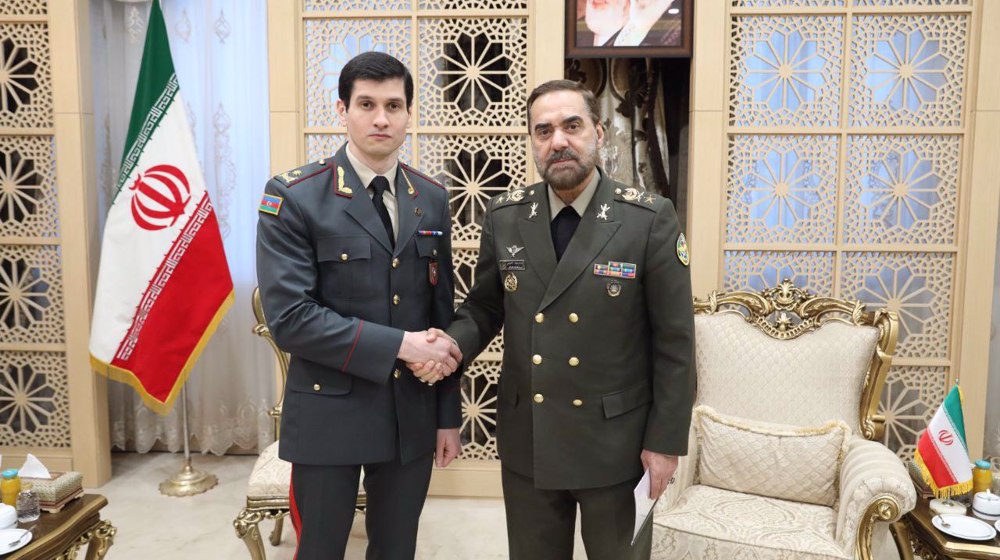Myanmar pursues ethnic cleansing of Rohingya Muslims: UN official
A high-ranking United Nations official says Myanmar authorities have stepped up persecution of Rohingya Muslims in the Southeast Asian country, and are actually conducting a campaign of "ethnic cleansing" against members of the community.
John McKissick, head of the UN High Commissioner for Refugees office in the southern Bangladeshi coastal resort town of Cox’s Bazar, said on Thursday that the Myanmar military and Border Guard Police have "engaged in collective punishment of the Rohingyas" since October 9, when gunmen attacked three police outposts in Maungdaw town in the western Rakhine State, and killed nine police officers.
He added that Myanmar security forces have been "killing men, shooting them, slaughtering children, raping women, burning and looting houses, forcing these people to cross the river" into neighboring Bangladesh.

“Difficult as it is for the Bangladesh government to absorb large numbers, it seems to me there is no other choice, because the only other choice is death and suffering,” McKissick said.
The senior UN official further noted that keeping the border open “would further encourage the government of Myanmar to continue the atrocities and push them out until they have achieved their ultimate goal of ethnic cleansing of the Muslim minority in Myanmar.”
Meanwhile, the Bangladeshi Foreign Ministry said “thousands of distressed Myanmar citizens including women, children and elderly people continue to cross the border” even though Bangladeshi border guards have tried to prevent the influx.

“Thousands more have been reported to be gathering at the border crossing,” the ministry pointed out.
As many as 30,000 people are estimated to have been displaced and thousands more have fled to Bangladesh in the wake of the recent wave of unrest in Myanmar’s Rakhine, the UN says.
Tens of thousands of Rohingyas have not received essential foodstuff and basic commodities after Myanmar’s army declared Maungdaw an “operation zone” early last month. Foreign journalists and human rights monitors have also been denied entry into the area.
Earlier this week, Human Rights Watch released satellite images, showing more than 1,200 homes had been razed in Rohingya villages over the past six weeks.

The UN says Rohingyas are one of the most persecuted minorities in the world. The government denies full citizenship to the members of the community, and regards them as illegal immigrants from Bangladesh irrespective of the fact that they have lived in Myanmar for generations.
Hundreds of the Muslims have been killed, and tens of thousands others forced to flee their homes as a result of attacks by Buddhist extremists.
Hezbollah attacks Israeli forces after Lebanese homes blown up
World leaders, states hail ICC arrest warrants for Netanyahu, Gallant
MP: US accountable for possible Israeli 'foolishness' to attack Iraq
VIDEO | Israeli policies strangle Palestinian agriculture, economy
Iran's president offers condolences to Pakistan over terrorist attack
Canada’s Yukon town council at standstill over refusing oath to King Charles
Yemen's Houthi calls for jihad to protect Palestine against Israel
VIDEO | Internal rifts within Israel
















 This makes it easy to access the Press TV website
This makes it easy to access the Press TV website